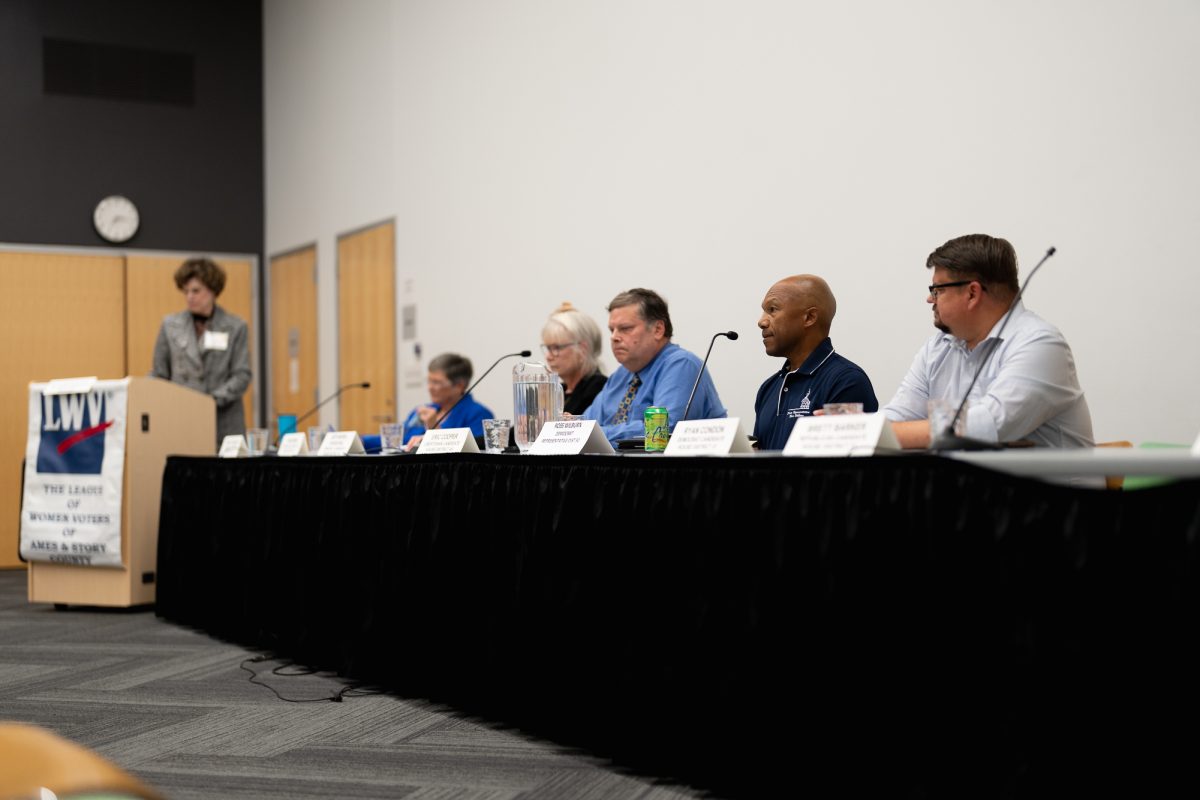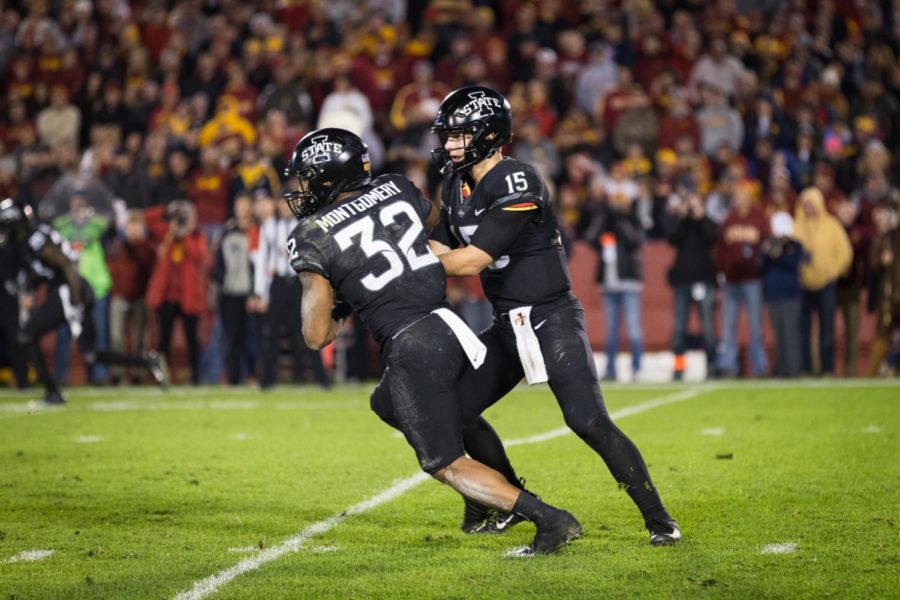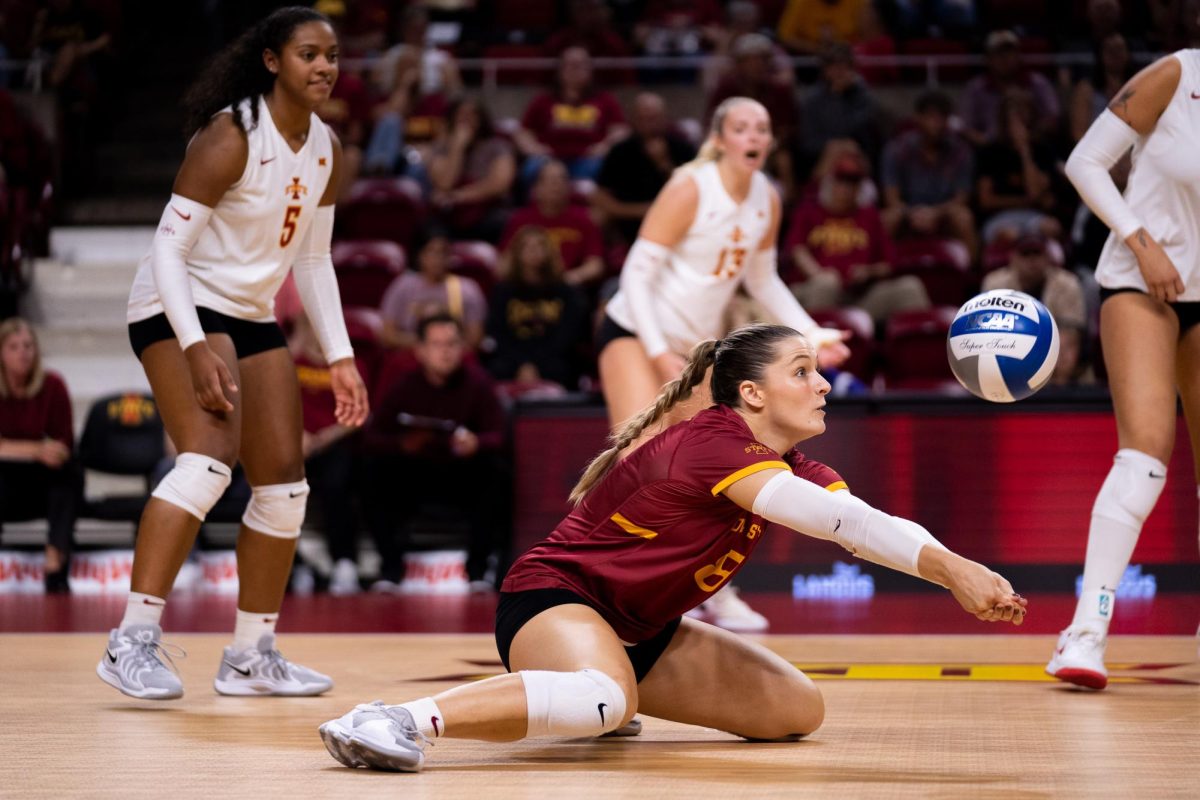Baseball season isn’t finished yet
September 1, 1998
With college football already off to a flying start and pro football only days away from its opener, the end of the baseball season grows nearer.
Of course, the Mark McGuire/Sammy Sosa chase for Roger Maris’ single season home run record will keep fans glued to the television for the balance of the season.
For those fans whose teams fell out of contention back in July, it’s finally time to put off the inevitable and begin thinking about next year.
Yet playing out the balance of a schedule of 30 or so games at the end of a losing season, or at least a season in which there will be no post-season play, is not entirely a lost cause.
For all the hopeful minor league prospects, this is their time of year.
Now is the time when most major league teams are calling up their top prospects for an opportunity to see if they fit into the team’s future plans.
Ben Grieve, Jim Edmonds, Scott Rolen, Livan Hernandez, Tony Clark and Trevor Hoffman are just a few of today’s young baseball stars whose late season call-ups were the prelude to successful baseball careers.
I know that going to a half-full stadium for a 8 p.m. game in which your team is facing off with another cellar dweller sounds like no fun at all.
However, there are other positives besides getting a sneak peek at next season’s top rookies.
There’s always the old ‘playing the spoiler’ routine for underachieving teams.
If maybe, just maybe, the down-trodden ballclub can steal two out of three games from the division leaders, it will cause the leaders’ lead to shrink and destroy some of their momentum going into the playoffs.
Then again, your team’s victories are only a sweet justice, in that those victories would have been much more useful when your team was only four games out of contention.
However, if the division-leading team loses homefield advantage in the playoffs and then goes on to lose a playoff series because of those late-season losses, then consider it a job well done and a season spoiled.
Of course, there are bound to be plenty of good seats available for the game.
Because the team may not be winning, the crowds will be smaller, which also means the lines for food, restrooms and parking will be cut down dramatically.
These may sound like small (very small) rewards for supporting a losing ballclub, but believe me, when you eat three hot dogs, two plates of nachos and drink three cold beverages in 90 degree heat and then get the runs, you’ll be glad when you can run (or wobble) to the restroom and find a stall immediately.
Even though the losing teams may be both physically and mentally exhausted from a tough season, I believe that the managers and coaches are at the top of their motivational game.
For the managers and coaches, it’s an attempt to get their players to finish the season strong and build some momentum going into next season.
I really doubt that any player or coach wants to end a season mired in a 16-game losing streak.
Still, one could also argue that the managers and coaches of losing teams are trying harder to motivate their teams in a last-ditch attempt to keep their jobs.
And the best players on losing teams, particularly if they are entering their free agent season, will definitely be looking to raise their stock in efforts to hopefully raise their salaries.
That statement is unfortunate, but it still reflects the changing state of professional baseball.
Nevertheless, in these waning days of the baseball season and the summer, just keep one important thing in mind when you go to the ballpark: Beanie Babies, although cute, are evil. Avoid them at all costs.
OK, maybe I’m grasping at straws here, but I can’t help it — I love baseball, and anything that makes the end of a disappointing season as comfortable as possible for me and the other hopelessly devoted baseball fans is worth it.






